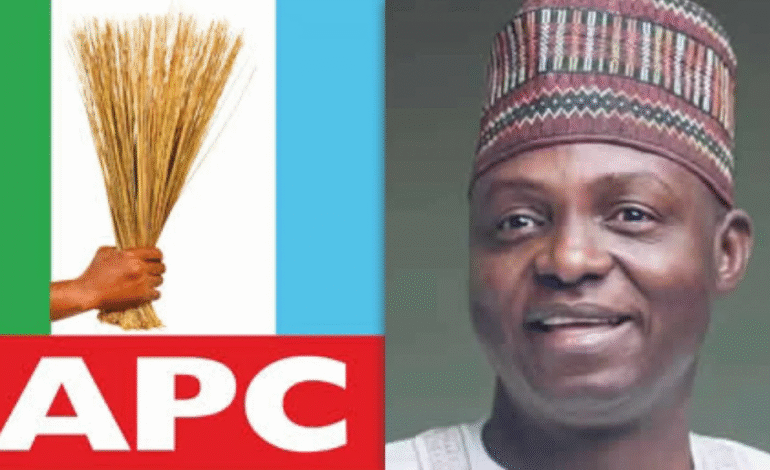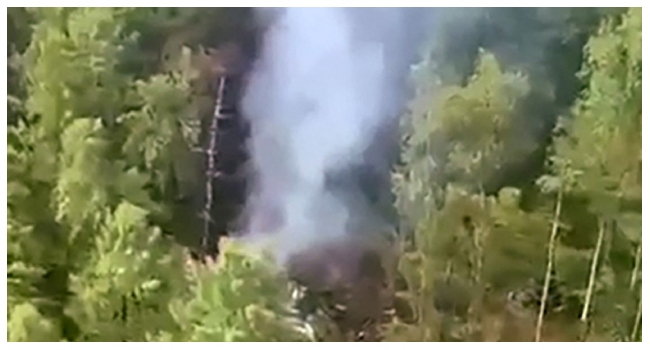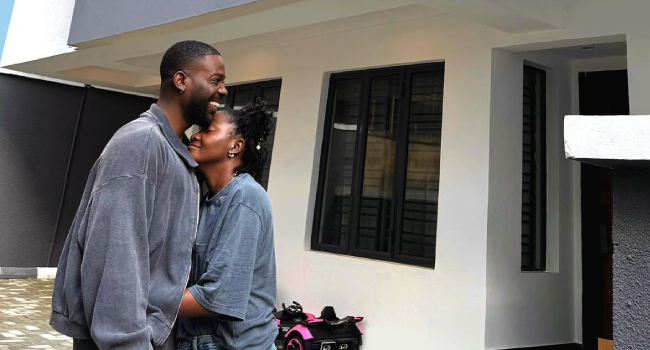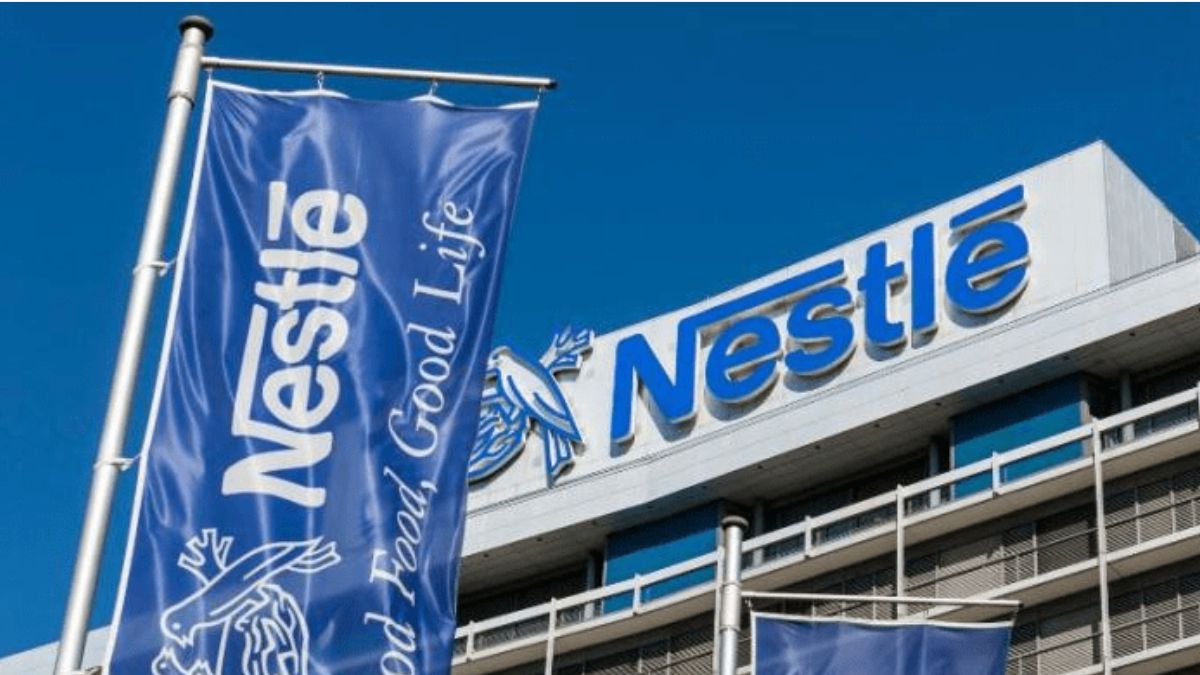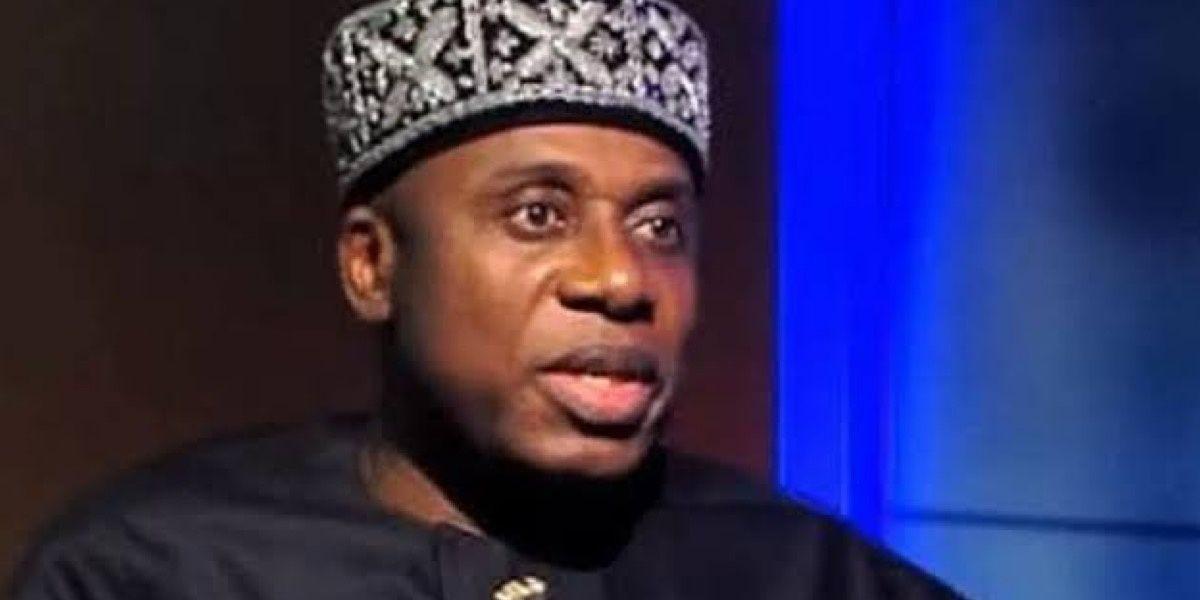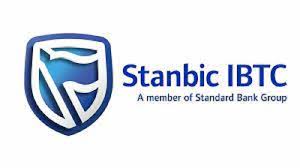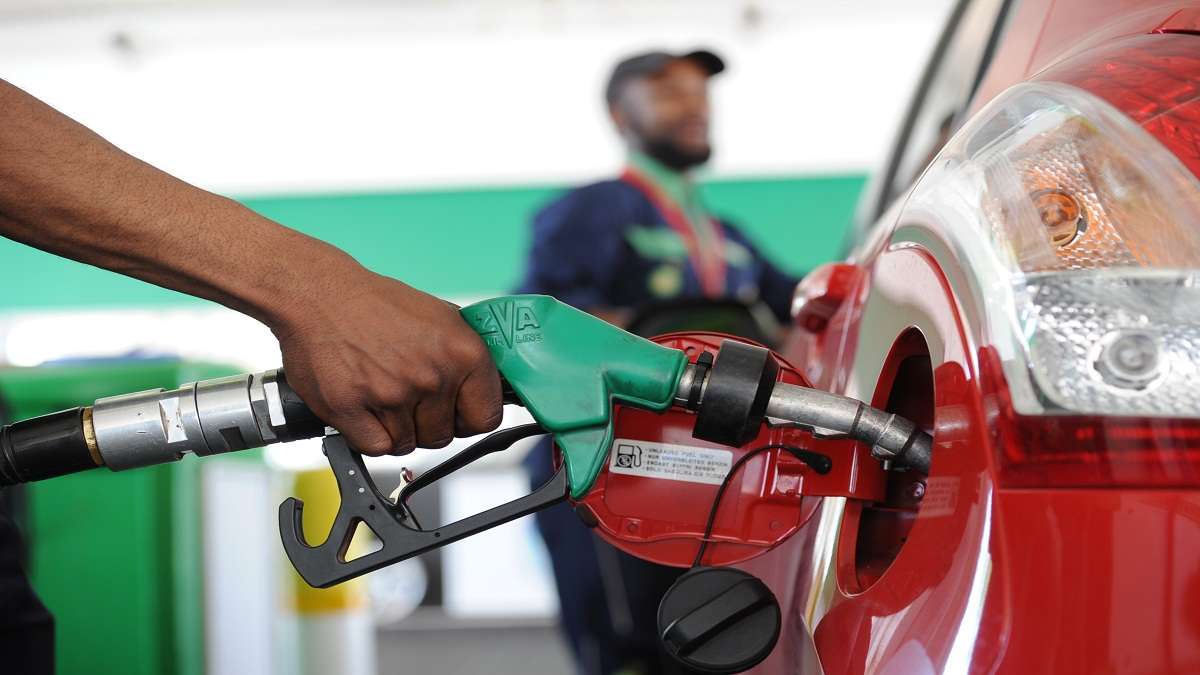Oil marketers have revealed that the landing cost of Premium Motor Spirit (PMS) dropped to ₦922.65 per litre on Friday, reflecting a ₦32.35 reduction compared to the ₦955 per litre charged at the Dangote Petroleum Refinery’s loading gantry. This development has spurred renewed interest among dealers in importing petrol, despite a recent industry push for local production.
The landing cost, which accounts for shipping, import duties, and exchange rates, is seen as a relief amid global market fluctuations. A major oil marketer, speaking anonymously, explained: “The lower cost of imported petrol often incentivizes dealers, and you can’t blame marketers who choose to import.”
Market Dynamics and Prices
Despite the reduced landing cost, retail prices in Nigeria remain steep, with petrol selling between ₦990 and ₦1,010 per litre in the Federal Capital Territory. Recent data from the Major Oil Marketers Association of Nigeria (MOMAN) highlighted an average spot import parity cost of ₦922.65 per litre, a 2.2% reduction from Thursday’s ₦943.75. However, the 30-day average cost rose to ₦939.52 per litre, indicating ongoing volatility.
At depots, there was some relief as prices dropped marginally. For instance, Nipco, Aiteo, and Sahara recorded price reductions of up to ₦20, closing the week at ₦960 per litre. In Port Harcourt, depot prices fell by ₦24, closing at ₦981 per litre.
Massive Imports Recorded
Data from the Nigerian Ports Authority revealed that between January 21 and January 22, marketers imported 76.84 million litres of petrol, equivalent to 57,301 metric tonnes. Vessels carrying 20,400MT and 36,901MT of petrol berthed at the Apapa and Tincan ports in Lagos. Additional vessels, without disclosed capacities, arrived at the Dangote terminal at Lekki Deep Seaport.
Stakeholder Reactions
The development has sparked mixed reactions among industry leaders. The National President of the Petroleum Products Retail Outlets Owners Association of Nigeria (PETROAN), Billy Gillis-Harry, expressed surprise at the ongoing imports, citing a supposed 180-day agreement to halt importation and allow the Dangote refinery to prove its production capacity.
“There was an industry agreement that imports should stop while Dangote refines locally. I’m surprised to hear about these imports,” Gillis-Harry said.
However, the Independent Petroleum Marketers Association of Nigeria (IPMAN) disputed this, with its spokesperson, Chinedu Ukadike, clarifying that the “non-import directive” was only a mutual understanding. “There was no binding agreement. NMDPRA [Nigerian Midstream and Downstream Petroleum Regulatory Authority] is mandated to license anyone who can import at a cheaper rate,” Ukadike explained.
Outlook
While Dangote Refinery cited rising crude oil costs as the reason for its recent price hike, the cheaper landing cost of imported petrol could pressure the domestic refinery to adjust its pricing. Meanwhile, stakeholders continue to debate the balance between supporting local refining capacity and ensuring competitive pricing for consumers.

